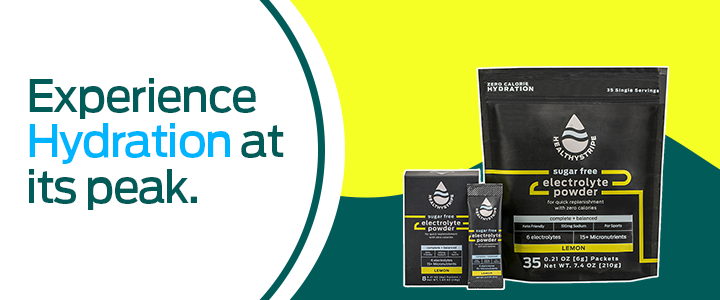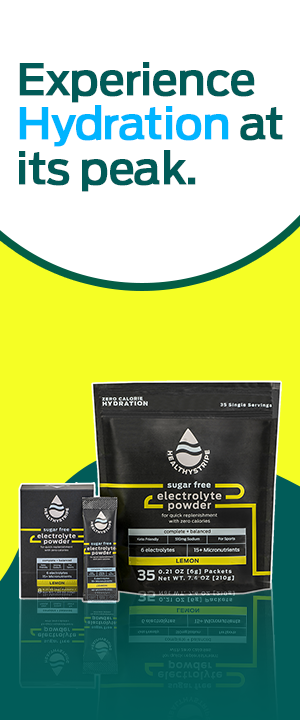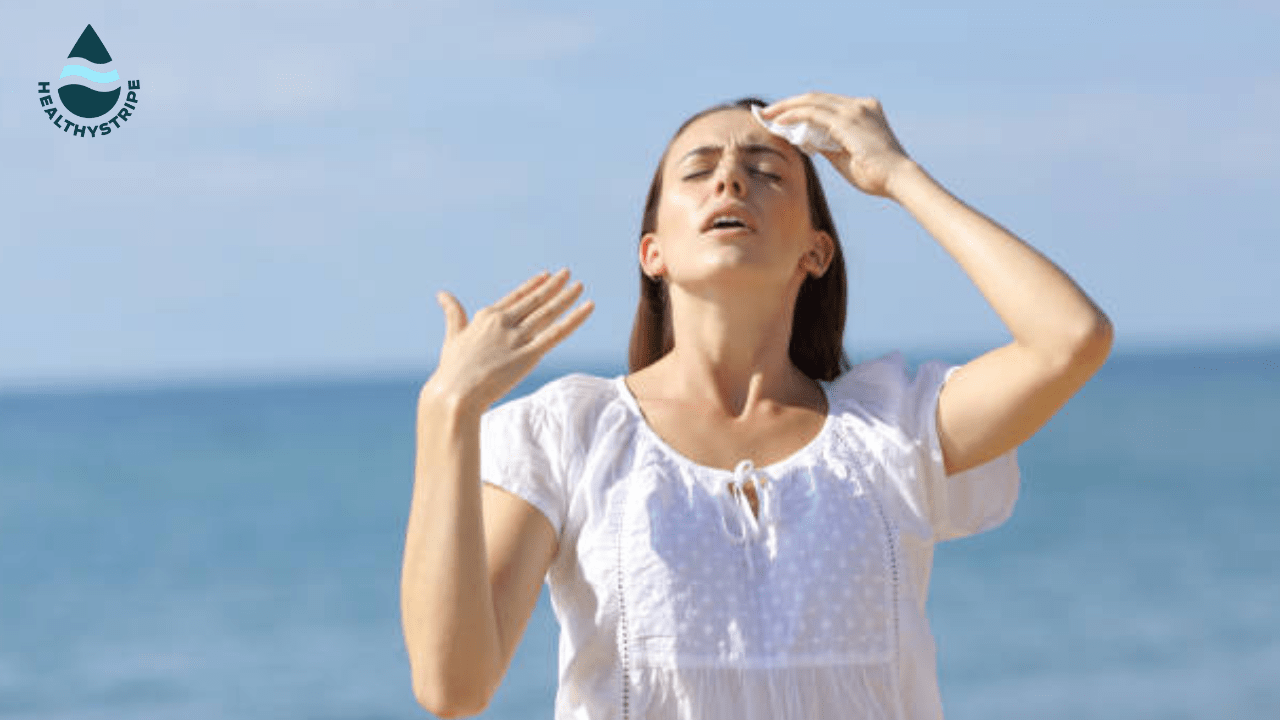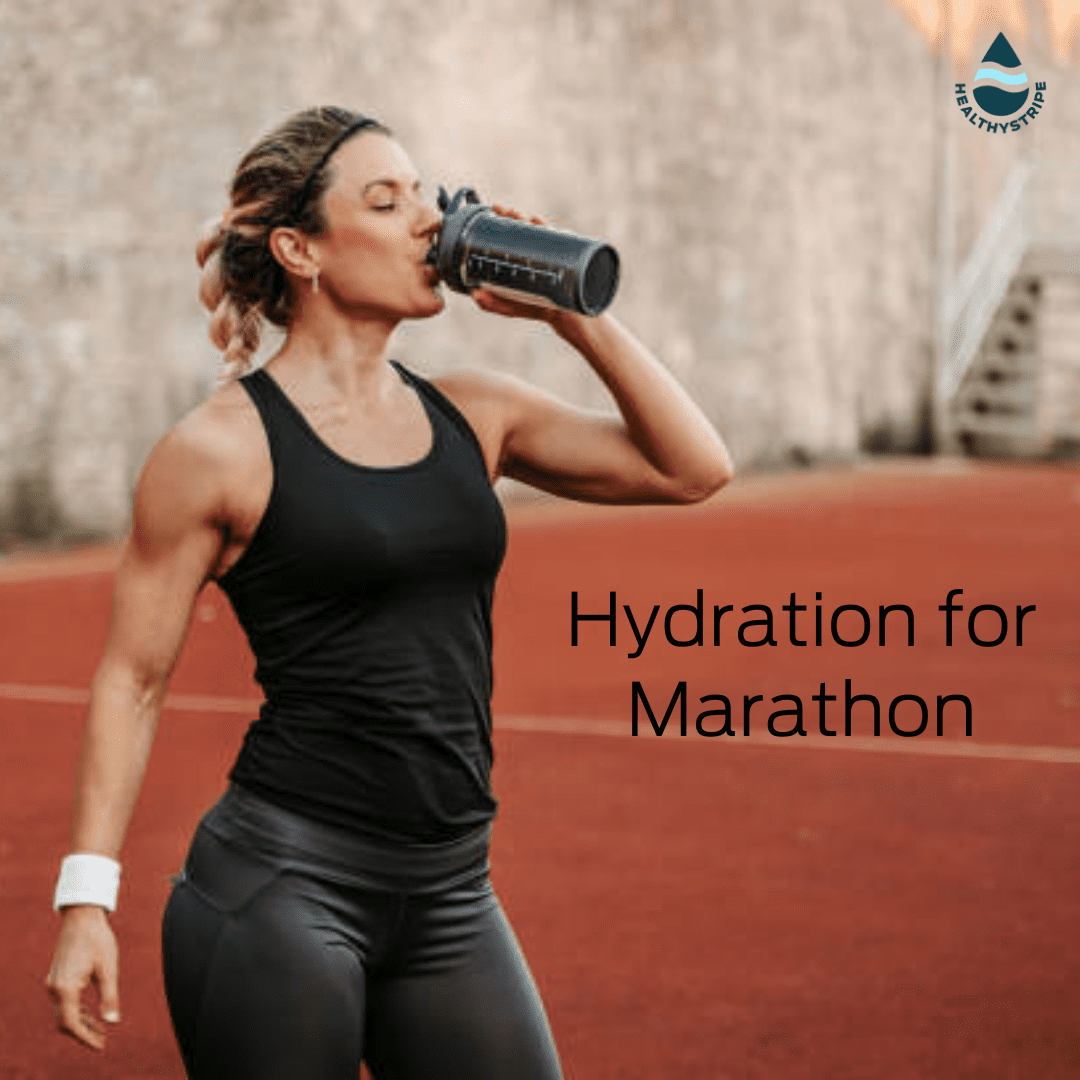Do Electrolytes Give You Energy?
- Energy And Electrolytes
- What Are Electrolytes
- Do Electrolytes Give You Energy
- What Does Energy Here
- Electrolytes To Start Working
- Cause Electrolyte Imbalance
- Electrolytes In Energy Metabolism
- Signs Of Electrolyte Imbalance
- Low Sodium Means Low Energy
- Lose Electrolytes
- Energy From Electrolytes A Myth
- Bottom Line
- Energy And Electrolytes
- What Are Electrolytes
- Do Electrolytes Give You Energy
- What Does Energy Here
- Electrolytes To Start Working
- Cause Electrolyte Imbalance
- Electrolytes In Energy Metabolism
- Signs Of Electrolyte Imbalance
- Low Sodium Means Low Energy
- Lose Electrolytes
- Energy From Electrolytes A Myth
- Bottom Line

Do electrolytes give you energy?
Electrolytes can help with the biological process that leads to producing energy in our body but directly, they cannot be termed as a source of energy.
Electrolytes do not provide calories from carbohydrates, protein, or fat that are converted into useful energy termed ATP through cellular respiration.
They, on the other hand, aid in this process. They are one of the key minerals the body requires on a daily basis to carry out various functions.
Energy and Electrolytes
Energy is produced in the body through various metabolic processes. Carbohydrates, proteins, and lipids are what gets transformed into energy in chemical, thermal, mechanical, and kinetic forms.
Maintaining a proper electrolyte balance (or quantity) is essential for preventing your cells from shrinking or swelling excessively in response to their water content. And that’s what electrolytes do mainly.
Now, with electrolytes, we have a very arbitrary yet known phenomenon associated. It is considered that electrolytes are also one of the major energy-boosting nutrients. They are a source of energy to the body.
Electrolytes, no doubt, are crucial for the overall health of our body since they are the central minerals required in many regulatory and metabolic functions of the body. But ‘electrolytes for energy’ is still a topic of debate.
What are Electrolytes?
Electrolytes are minerals carrying an electric charge that plays vital functions inside our body. The major electrolytes that play the key roles in our body are:
- Potassium
- Sodium
- Chlorine
- Calcium
- Phosphorus
- Bicarbonates
- Magnesium
The key roles of electrolytes inside our body are-
- Maintaining muscle contractions
- Conducting nerve stimulations
- Acid-base balance
- Fluid regulation and hydration
- Aid with blood clotting
The loss of electrolytes from the body instantly leads to fatigue, weakness, and frequent headache due to dehydration. Your body’s ability to maintain blood pressure, nerve impulses and muscle contractions decreases as more water and electrolytes are lost.
Do Electrolytes give you energy?
Electrolytes are minerals in your body that may be positively or negatively charged. Electrolytes are an essential component of the body that maintains basic cell functions.
You may wonder whether electrolytes give you energy or make you feel energetic or if an electrolyte imbalance causes low energy levels in your body. Let’s get straight into it.
Our body contains six electrolytes: sodium, potassium, calcium, bicarbonate, magnesium, chloride, and phosphorus. Each electrolyte performs certain functions in your body.
The human body has a complex mechanism known as homeostasis, which is involved in maintaining electrolyte balance in a narrow range.
If you are low on electrolytes, you may be dehydrated, making you feel lethargic and tired due to low energy levels.
Feeling mild symptoms of dehydration? Then you may need an additional supplement that can help restore your electrolyte balance. A drink that contains an extra punch of supportive electrolytes and added micronutrients can be of great help. And a drink with zero sugar is always an added bonus. Healthystripe’s sugar-free, keto-friendly electrolyte drink can help replenish lost salts and additional nutrients may provide nutritional support. What’s more ..the sugar-free and keto-friendly feature ensures that you don’t break your diet as you work on hydrating your system.
What do you mean by the energy here?
Before we discuss energy, it is essential to know how energy is produced. Energy is the power derived from the breakdown of physical or chemical resources in your body.
Energy is produced in the form of Adenosine triphosphate ( ATP), and this energy is utilized in doing daily tasks or completing routine workouts without fatigue.
Electrolytes are calorie-free, but they are used in biochemical reactions which produce energy in the form of ATP.
Carbohydrates, protein, and fats are the macronutrients that contain calories and provide stored energy upon utilization. Our bodies do not form ATP directly through electrolytes or a high-calorie diet.
First, carbohydrates, proteins, and fats get broken into small components and then provide us with energy in stored form. This stored energy is released during the process known as cellular respiration.
Electrolytes do not give you ATP directly but are involved in synthesizing ATP. In short, electrolytes play a supportive role in your body’s production of energy.
How long does it take for the electrolytes to start working?
It takes about 2 hours for your body to rehydrate after having a significant amount of electrolytes-rich diet/fluids. Sports drinks are helpful for athletes to replenish their electrolytes.
What can cause electrolyte imbalance?
Electrolyte imbalance is the most common problem in healthcare settings nowadays. Electrolyte imbalance can occur due to abnormal metabolic or respiratory functions.
The following are the most common causes of electrolyte imbalance:
- Loss of extra fluid due to persistent vomiting, acute or chronic diarrhea, excessive sweating, or high-grade fever.
- Metabolic alkalosis due to vomiting, heart failure, and kidney failure.
- In case of serious illness in which you can not eat or drink properly.
- Chronic respiratory diseases, lung diseases such as chronic obstructive pulmonary disease and emphysema, etc.
- Malabsorption
- Diabetes (high sugar levels)
- Some medicine, such as diuretics and laxatives, can also cause electrolyte imbalance.
- Alcohol intake
- Poor quality of sleep
- Poor diet
Electrolytes in energy metabolism:
As we have discussed above, electrolytes don’t give us energy, but they can convert stored energy into a usable form. Some electrolytes are involved in the complex mechanism of respiration to synthesize energy. These are:
- Calcium
Calcium is one of the essential electrolytes involved in functioning several enzymes, which are required during energy synthesis, such as pyruvate dehydrogenase in the Krebs cycle.
- Potassium
It boosts up ATP-sensitive potassium channels. In other words, energy usages on the opening and closing of potassium channels.
- Magnesium
Magnesium acts as a cofactor (helping hand) during the synthesis of ATP. It also regulates the calcium and potassium channels in our body.
Signs of electrolyte imbalance:
Electrolyte imbalance can cause minor problems, like fatigue and headache, if mild to moderate. In case of severe
Symptoms of electrolyte imbalance are:
- Fatigue and drowsiness
- Confusion and irritability
- Headache
- Nausea and vomiting
- Diarrhea or constipation
- Muscle cramps, spasms, or weakness
- Numbness and tingling section in limbs
Is low sodium mean low energy true?
Yes, sodium is an essential mineral that performs several functions in your body. e.g., nerve conduction, electrolyte balance, and water balance.
Hyponatremia is one of the most common electrolyte imbalances. Approximately 1.7 % of the people in the USA have this electrolyte imbalance.
Low sodium is most commonly present in low-carb communities because they don’t eat salty food and lose more sodium through urine
The symptoms of low sodium levels are:
- Loss of energy
- Drowsiness
- Restlessness
- Muscle weakness
- Fits
- Lethargic
- Fatigue
- Confusion
- Headache
After the reversal of sodium deficit, these problems are resolved on their own.
How do you lose electrolytes?
There are several conditions in which you can lose electrolytes. These conditions may be pathological or physical. Following are the most common causes:
- Excessive vomiting results in loss of electrolytes from the stomach and intestine. If vomiting is gastric, it can cause metabolic alkalosis due to loss of acid, or if it is intestinal, it can cause metabolic acidosis due to loss of bases.
- Diabetic ketoacidosis (extremely high sugar levels) is one of the primary causes you lose electrolytes due to excessive urination.
- Excessive sweating during a workout can cause electrolyte imbalance.
- Kidney failure results in electrolyte imbalance due to abnormal absorption and secretions of electrolytes.
- Congestive heart failure.
Is energy from electrolytes a myth?
Electrolytes do not provide an energy boost in and of themselves. As already discussed above, our body produces energy through various processes.
A calorie (or kilocalorie) is the amount of energy required to raise the temperature of one kilogram of water by one degree Celsius.
Calories are a unit of measurement for the amount of energy stored in food.
Even if we define energy as a feeling of well-being, there is a lot of diversity. Are we talking about caffeine’s stimulating properties? Or are we talking about more consistent energy that lasts all day?
It’s difficult to quantify stable energy, but you know when you have it. And you can tell when you aren’t feeling energized.
Many things can deplete your energy. Electrolyte shortage is generally the first thing people think of when they don’t get enough sleep, but I believe it’s a close second—especially for those on a low-carb diet or in a fasting period.
Add on: How To Get Electrolytes While Fasting?
The energy drinks or sports drink you see in the market claim to provide energy boost with their major ingredients being electrolytes.
Electrolytes for energy are basically just a matter of being well hydrated. When you’re dehydrated, you soon become tired.
Hydrating rapidly, which is aided by the presence of electrolytes in your drink, will efficiently re-energize you! In a very clear sense, your energy will not be optimal if your electrolytes are not properly managed.
When you aren’t feeling energized, it affects your ability to concentrate, perform, and be happy.
Although electrolytes are not a miraculous energy solution for everyone, I believe they can benefit a large number of people. Perhaps you are one of them.
Electrolytes, on a whole, are not the only reliable source of your energy. They facilitate many other processes of the body that give you energy.
However without optimum electrolytes, obviously, it might get difficult for you to get through the day. Here is why natural energy drinks and electrolyte drinks are considered ideal choices of consumption.
In fact, electrolyte-rich foods also work wonders for the replenishment of the lost fluid and electrolytes from your body.
Bottom Line
So, do electrolytes provide energy?
Well, it’s YES and a NO. Although electrolytes do not provide calories, they do assist a number of processes that alter energy levels. Getting adequate electrolytes isn’t always enough to keep you energized.
However, if you’re dehydrated ( technically means being low on electrolytes), you’ll definitely feel less than 100 percent.









